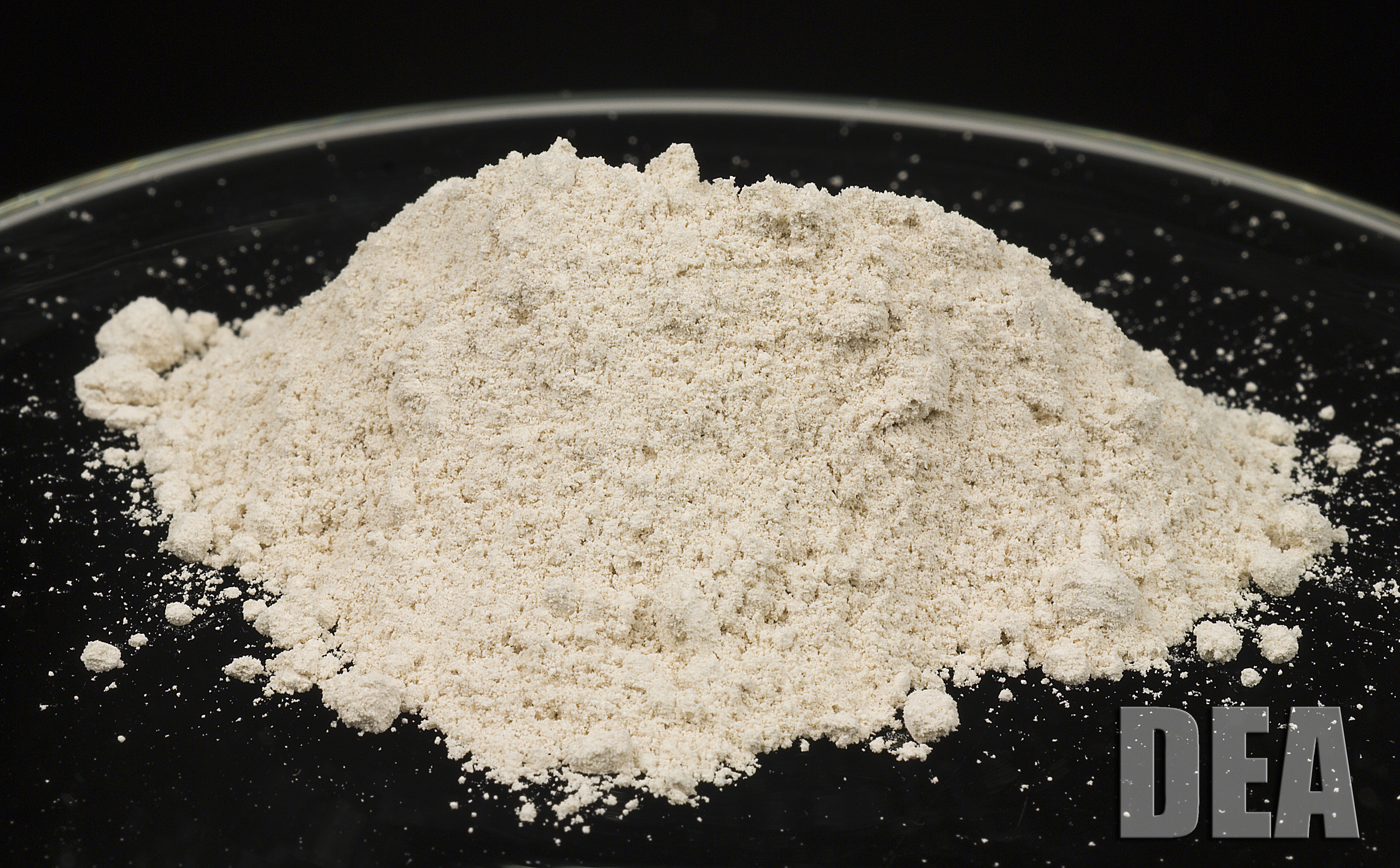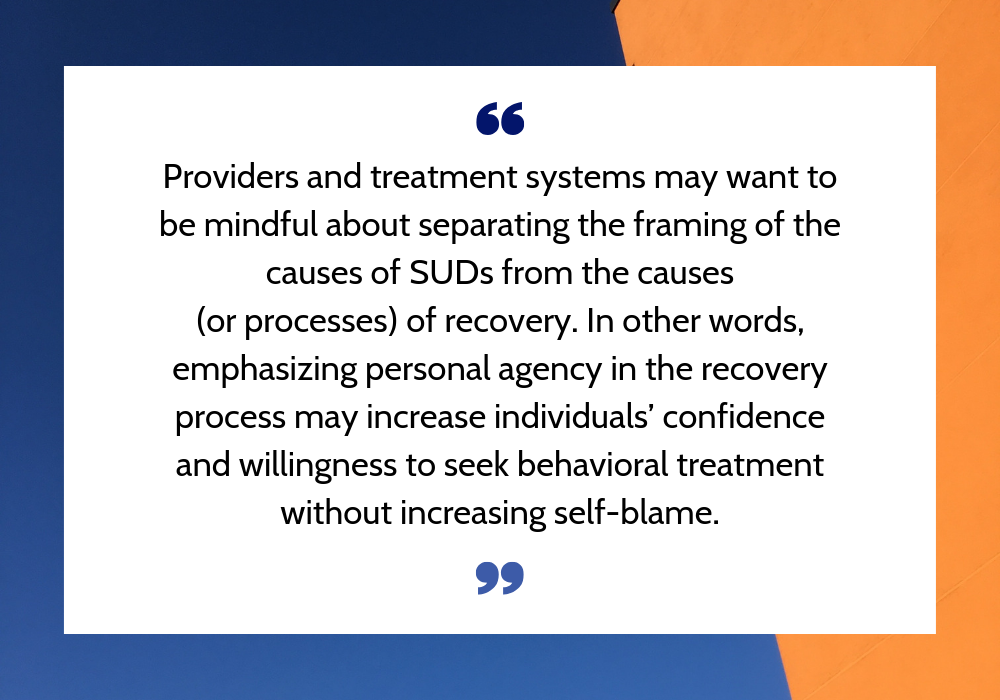Overdose Death Rates. By Additional resources National Institute on Substance Abuse (NIDA). Glasscote, R.M., Sussex, J.N., Jaffe, J.H., Ball, J., Brill, L. (1932 ). The Treatment of Substance abuse for people like you ...: Programs, Issues, Prospects. Washington, D.C.: Joint Alcohol Rehab Facility Details Service of the American Psychiatric Association and the National Association for Mental Health.
13 Archived 2011-09-27 at the Wayback Machine American Psychiatric Association (1994 ). Diagnostic and analytical handbook of mental disorders (fourth edition). Washington, DC. Hasin, Deborah S.; O'Brien, Charles P.; Auriacombe, Marc; Borges, Guilherme; Bucholz, Kathleen; Budney, Alan; Compton, Wilson M.; Crowley, Thomas; Ling, Walter (2013-08-01). " DSM-5 Requirements for Compound Use Disorders: Recommendations and Reasoning".
170 (8 ): 834851. doi:10. 1176/appi. ajp. 2013. 12060782. ISSN 0002-953X. PMC. PMID 23903334. "Diagnostic and Statistical Manual of Mental Illness: DSM-5 (fifth edition) 2014 102 Washington, DC American Psychiatric Association 2013 xliv +947 pp. 9780890425541( hbck); 9780890425558( pbck) 175 $199 (hbcchvk); 45 $69 (pbck)". Recommendation Reviews. 28 (3 ): 3637. 11 March 2014. doi:10. 1108/rr -10 -2013 -0256.
" Drug supply and drug abuse". CMAJ. 168 (9 ): 1113, author respond 1113. PMC. PMID 12719309. Archived from the original on 2009-09-06. Wood E, Tyndall MW, Spittal PM, et al. (January 2003). " Effect of supply-side policies for control of illegal drugs in the face of the AIDS and overdose epidemics: investigation of a massive heroin seizure".
168 (2 ): 1659. PMC. PMID 12538544. Bewley-Taylor, Dave, Hallam, Chris, Allen Rob. The Beckley Structure Drug Policy Programme: The Incarceration of Drug Culprits: An Overview. March 2009. Prieto L (2010 ). " Labelled drug-related public expense in relation to gross domestic product (gdp) in Europe: A high-end good?". Substance Abuse Treatment, Prevention, and Policy.

doi:10. 1186/1747 -597 x-5-9. PMC. PMID 20478069. " NHS and Drug Abuse". National Health Service (NHS). March 22, 2010. Recovered March 22, 2010. " Office Taking On Drugs Altering Lives Drugs in the workplace". 2007-06-09. Archived from the original on Click here! 2007-06-09. Obtained 2016-09-19. Thornton, Mark. " The Economics of Restriction". Owens PL, Barrett ML, Weiss AJ, Washington RE, Kronick R (August 2014).
An Unbiased View of How Are Addiction Tolerance And Withdrawal Related To Drug Abuse
HCUP Statistical Brief # 177. Rockville, MD: Firm for Health Care Research and Quality. Drachman, D. (1992 ). "A stage-of-migration structure for service to immigrant populations". Social Work. 37 (1 ): 6872. doi:10. 1093/sw/37. 1.68. Pumariega A. J.; Rothe E.; Pumariega J. B. (2005 ). "Psychological health of immigrants and refugees". Community Mental Health Journal.
CiteSeerX. doi:10. 1007/s10597 -005 -6363 -1. PMID 16142540. S2CID 7326036. National Institute on Alcohol Abuse and Alcohol Addiction. (2005 ). Module 10F: Immigrants, refugees, and alcohol. In NIAAA: Social work education for the avoidance and treatment of alcohol usage disorders (NIH publication). Washington, D.C. Caetano R.; Clark C. L.; Tam T. (1998 ). "Alcohol intake amongst racial/ethnic minorities: Theory and research study".
22 (4 ): 233241 - how to treat drug addiction at home. UNODC. " Comprehending Substance Use Among Street Kid" (PDF). Obtained 30 January 2014. Cottrell-Boyce, Joe (2010 ). " The role of solvents in the lives of Kenyan street kids: An ethnographic perspective" (PDF). African Journal of Drug & Alcohol Studies. 9 (2 ): 93102. doi:10. 4314/ajdas. v9i2.64142. Obtained 28 January 2014.
( 2008 ). "Drug abuse in performing musicians". Alcohol addiction: Journal on Alcohol Addiction and Associated Dependencies. 44 (1 ): 3742. 622145760. CS1 maint: numerous names: authors list (link) Zlotnick, C., Tam, T., & Robertson, M. J. (2003 ). "Disaffiliation, substance usage, and leaving homelessness". Compound Usage & Abuse. 38 (36 ): 577599. doi:10. 1081/ja -120017386. PMID 12747398.
CS1 maint: multiple names: authors list (link) " Treatment Programs for Compound Use Issues Mental Health". mentalhealth. va.gov. Obtained 2016-12-17. McHugh, R. Kathryn; Votaw, Victoria R.; Sugarman, Dawn E.; Greenfield, Shelly F. (2018-12-01). " Sex and gender differences in compound use conditions". Clinical Psychology Evaluation. Gender and Mental Health. 66: 1223. doi:10.
cpr. 2017. 10.012. ISSN 0272-7358. PMC. PMID 29174306. Becker, Jill B.; McClellan, Michele L.; Reed, Beth Glover (2016-11-07). " Sex distinctions, gender and dependency". Journal of Neuroscience Research. 95 (12 ): 136147. doi:10. 1002/jnr. 23963. ISSN 0360-4012. PMC. PMID 27870394. Walitzer, Kimberly S.; Dearing, Ronda L. (2006-03-01). "Gender differences in alcohol and compound use regression".
Rumored Buzz on What Is Drug Addiction
If drugs like heroin, drug and alcohol couldn't cause reliance and addiction, the issues of substance abuse and drug-related criminal activity might not exist. But in truth,. What makes sure drugs so seductive that even casual users appear to end up being addicted? The response depends on the method these compounds affect your brain chemistry.
When you consume a liquor, inject heroin, take prescription painkillers or snort cocaine, these substances change the method your brain processes chemicals called neurotransmitters. Each drug acts in a particular way to change the brain's action to stimuli, however the end outcome is that the experience of utilizing the substance is so satisfying, unwinding or energizing that it activates your internal reward system, making you wish to repeat that experience again and once again.
By this time, you might be showing addicting behavior like: Compulsively looking for the drug Continuing to utilize the drug even though it's certainly triggering harm to you or your loved ones Lying, stealing or doing other things that harm your sense of stability in order to get the drug Taking dangerous threats in order to obtain or use the drug We can address your questions about drug addiction and assist you understand why it's so hard to give up, even when drugs are destroying your life.
To understand why drugs are addicting,. Physical and mental reliance and dependency aren't necessarily the same thing. Wright State University specifies dependence by: A physical reliance on the drug that results in withdrawal signs if you can't use the substance A state of tolerance that requires bigger amounts of the drug in order to satisfy your need for the compound Strong cravings for the drug that prompt regression when you try to stop utilizing or drinking The inability to manage how much of the drug you utilize, no matter just how much you want to stop or suppress your practice Dependence does not always cause addiction, but it might be difficult to inform the 2 conditions apart, and some addiction specialists utilize the 2 terms interchangeably.

Drug dependency is typically related to consequences that are damaging to the individual and society, like increased rates of injury, accidents and criminal activity. It's useful to utilize the 2 terms independently when you're dealing with habit-forming discomfort medications or other addicting substances that are utilized for medical purposes. Although lots of people who take opioid pain medication regularly can become tolerant or dependent, they don't always display compulsive, addicting habits when it comes to getting or utilizing the drug.
Alcoholics might plan to have just one or two drinks at a bar or party, then wind up drinking all night and into the early morning hours. What makes it so hard for some people to stop drinking once they get going, while others don't have problem cutting it off or preventing alcohol entirely? The answer may depend on a combination of brain chemistry and heredity.
Where Can I Get Help For Drug Addiction Can Be Fun For Everyone
Although medical research study hasn't verified that alcoholism is acquired,. If you feel very unwinded, giddy, or material after having a few beverages, your brain cells are most likely responding to the increased production of chemicals that impact your state of mind. At the very same time, alcohol affects the frontal lobe of the brain, which is accountable for emotions, judgment and impulsive habits.